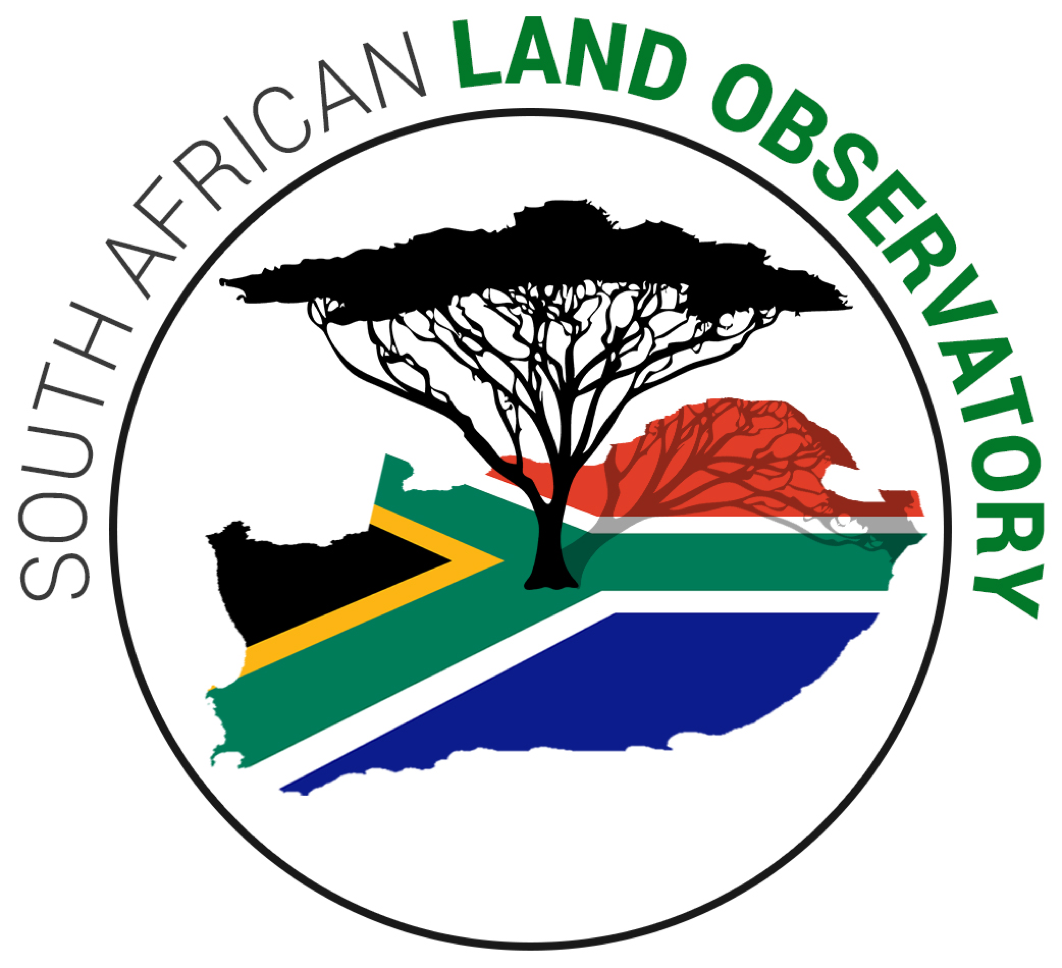Location
The South African Land Observatory is an initiative whose overall objective is to promote evidence-based and inclusive decision-making over land resources in South Africa. As its name ‘Observatory’ suggests, it collects data and information on land. The initiative is a repository of what is published on land in South Africa and on the events that take place around land in South Africa. In addition, it makes user-friendly land-based information available to all stakeholders with the aim of creating an informed land community in South Africa, through facilitating access to data, information and networking. It is, most importantly, a one-stop help desk for the land community to debate the pressing questions of land ownership and land use in South Africa.
Members:
Resources
Displaying 61 - 65 of 110Spatial Planning Land Use Management Act implementation; Rama and Riemvasmaak challenges: Department progress report; Committee Oversight Visit Report
The Department of Rural Development and Land Reform (DLDLR) provided a progress report on its interventions to address the challenges arising from the actions of the Rama Communal Property Association (CPA). The CPA had initiated some income generating activities on its land, which included a quarry business, and had started a museum and an entertainment centre that featured a cinema. In partnership with the Tshwane Metropolitan Municipality and private investors the CPA was in the process of developing houses on its land.
Commission on Restitution of Land Rights on its 2014/15 Annual Report
The Committee on Rural Development and Land Reform was briefed by the Commission on Restitution of Land Rights (CRLR) on its 2014/15 annual report. The Commission had exceeded its targets by settling 428 new claims against a target of 379; finalising 372 claims against a target of 239; approving 119 projects against a target of 53; researching 1 525 claims against a target of 1 445; establishing 14 operational claims lodgement offices; and acquiring four mobile lodgement offices.
Operation Phakisa’s Offshore Oil and Gas Exploration: Department of Mineral Resources briefing
The Department of Mineral Resources is attempting to develop oil and gas drilling in South Africa through Operation Phakisa. The project is still in the early stages of research and exploration, but the Department aims to have 30 wells built in 10 years. DME estimates very roughly, that as many as 9 billion barrels of oil and 9 billion barrels of gas could be within South African borders, and many national and international companies have expressed interest in investing in South African drilling.
Expropriation Bill [B4-2015]: public hearings with Deputy Minister in attendance Day 2
Agri SA supported orderly land reform – equitable land distribution is a prerequisite for rural stability and inclusive rural development. Agri-SA believed that expropriation should only be used as a last resort where negotiations fail. There needed to be a clear purpose for expropriation. Compensation should never be dependent on the state’s ability to pay. The land owner should always be afforded recourse to the courts to contest both the merits of the expropriation and the compensation amount.
Expropriation Bill [B4-2015]: public hearings with Deputy Minister in attendance
The South African Institute of Race Relations said the Bill made it difficult for the compensation amount to be decided by a court, and the Bill did not allow the courts to examine and rule on the validity of the expropriation. The Bill tried to limit how often people could go to court about the amount of compensation. The IRR argued that 60 days was not enough time for the claimant to institute legal proceedings for the determination of the compensation, this should be extended to 180 days. Compensation should include damages for additional losses.


